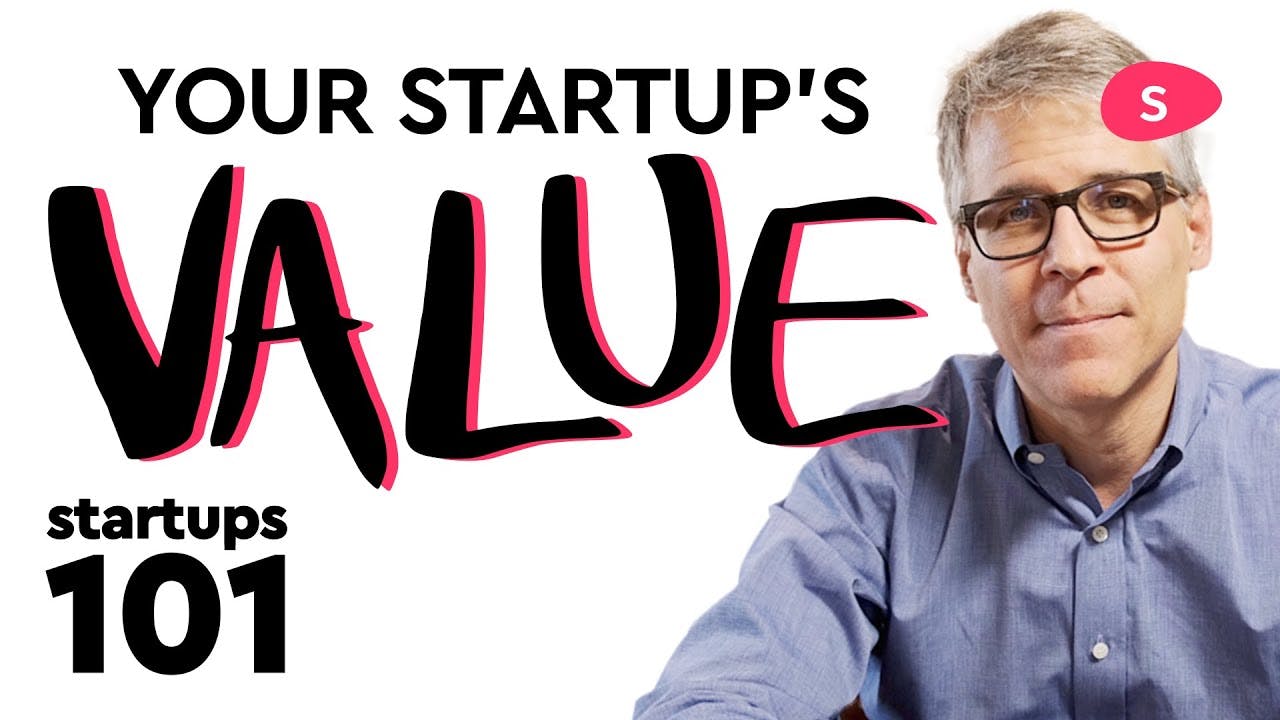Startup Valuation: How to Calculate It - Startups 101
15 Nov 2023 (2 years ago)

Early Stage Valuation - Intro (0s)
- Investor Finder service offers weekly investor matches for startups
- Valuation is complex and varies across friends & family, seed, or Series A rounds
- Friends & family rounds typically see investments from $10k to $200k with valuations from $500k to $1m
Early Stage Valuation - Friends and family investors (1m7s) and Angel/seed round (2m40s)
- Friends & family often invest due to personal connections, with valuations at $500k to $1m
- Risk is high at this stage, leading to low valuations
- Convertible notes or SAFEs are common to delay valuation discussions
- Angel investors may invest $50k to $2m, typically for 10%-20% equity at valuations between $1m to $3m
- Convertible notes or SAFEs often used during angel/seed rounds
Early Stage Valuation - Convertible Notes (3m39s) and Cap and discount rate (4m52s)
- Convertible notes turn into equity at a "qualified financing" round
- Discount rates, usually around 20%, reward early investors
- Valuation caps set maximum valuations for the next equity round
- Valuation often inferred from the cap when raising funds through convertible notes
Early Stage Valuation - SAFE (5m37s) and Valuation (6m11s)
- SAFEs are founder-friendly with no interest, maturity date, or repayment
- Include discount rates and valuation caps
- Choice between convertible notes and SAFEs can impact startup valuation and risk
Early Stage Valuation - A few things to consider (7m0s) and Founder Vesting (8m30s)
Stock option pool replenishment can dilute founders or all shareholders
Extra rights or restrictions, like investor approvals for large expenses, can affect control
Liquidation preferences can be a critical term, with 1x being standard
Lower valuations may be acceptable with better terms
Founder vesting ensures founders stay engaged post-investment
Terms can get complex, requiring experienced legal and financial advisors
As startups approach Series A, valuations become more formulaic based on the amount being raised